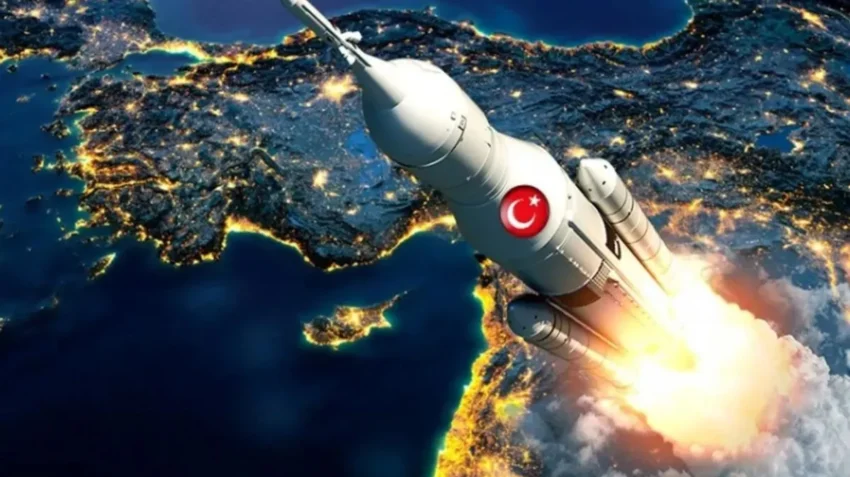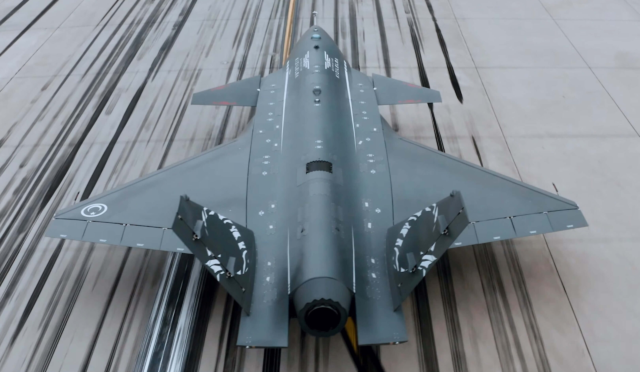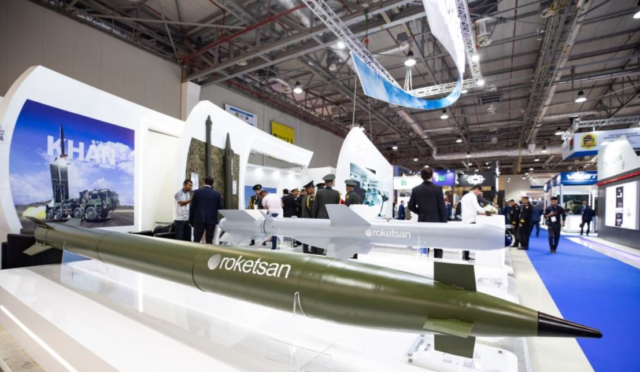In a landmark step toward strategic independence in aerospace technology, Turkey is preparing to launch a domestically built satellite using a fully national launch system. The recently signed agreement between Turkish Aerospace Industries (TUSAŞ) and Delta-V, a Turkish rocket propulsion firm, signals a new chapter in the country’s space ambitions.
While international headlines remain preoccupied with political and economic turmoil, this significant development could easily go unnoticed. Yet, the implications of this move extend far beyond a single satellite mission. It represents Ankara’s growing capabilities in a domain long dominated by global powers.
A New Phase in Turkey’s Space Journey
Under the agreement, a micro-satellite equipped with a high-resolution electro-optical payload—manufactured by TUSAŞ—will be sent into orbit via a domestically developed launch system from Delta-V. This will mark the first time Turkey launches its own satellite with a rocket of its own design and production.
“The satellite will be launched using a launch system entirely developed within Turkey,” says defense industry expert Yusuf Akbaba. “This is a field where you simply can’t rely on other countries.”
A Strategic Shift: From Dependency to Autonomy
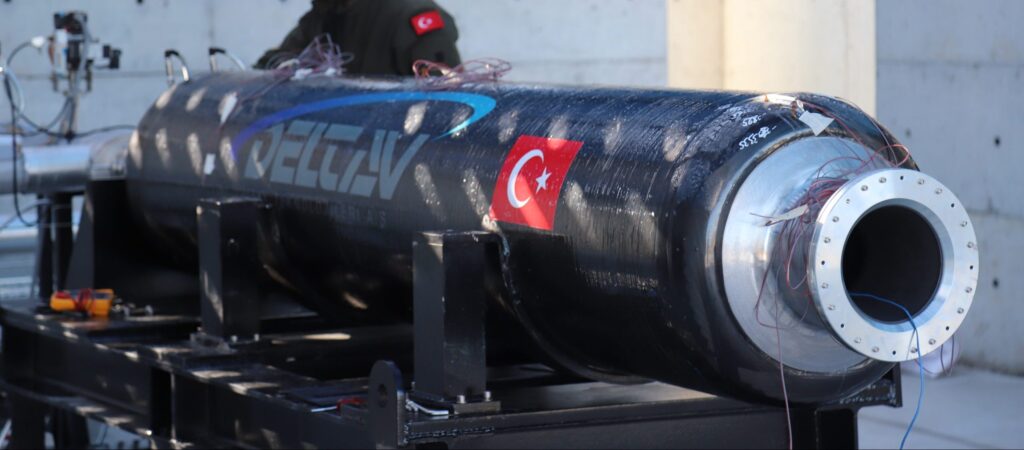
Until now, Turkey has relied on international partners—primarily SpaceX from the United States—to deploy its satellites. While countries like Russia, China, and France also offer similar launch services, global geopolitical instability has made such reliance increasingly risky.
“There is a global crisis in international relations. Trust is scarce. In such a strategic domain, continuing to depend solely on foreign countries’ capabilities is far from rational,” explains Akbaba. “We are living in times where everything can change in an instant.”
Not Alone in the Race
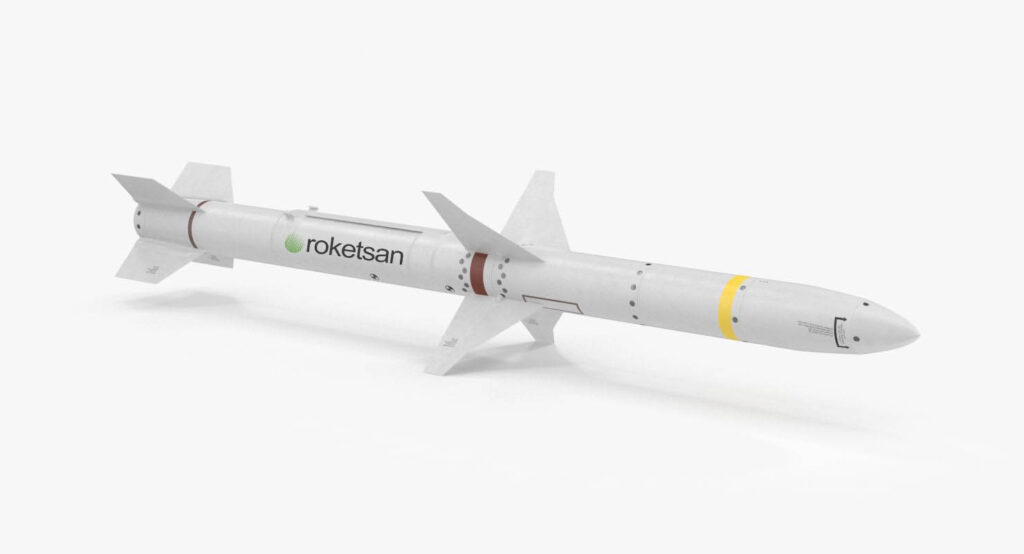
Delta-V is not the only Turkish firm working on such technology. Akbaba points out that ROKETSAN is also developing a similar system, while BAYKAR—the company known for its unmanned aerial systems—is reportedly taking steps toward launching its own satellites using homegrown technology.
These parallel efforts reflect the broader national agenda: to reduce foreign dependency and establish Turkey as a formidable player in both civilian and military aerospace technologies.
Elite Club of Space-Capable Nations
Being able to send a satellite into orbit using one’s own propulsion and guidance systems is a capability possessed by only a handful of nations. Akbaba emphasizes the exclusivity of this achievement:
“The number of countries that can send satellites into space using their own propulsion systems is very, very small,” he says. “Turkey’s efforts in recent years show that it is advancing into a higher league in space technology.”
He adds, “Launching a satellite into space has always been considered one of the most advanced technological feats. Today, alongside the United States, Russia, and France, countries like China and Japan have made names for themselves in this area. Turkey is now saying, ‘I’m in this too.’”

Beyond Satellites: Military Implications
The technological know-how gained from these projects will not be limited to civilian space exploration. Historically, advancements in space technology often originate in military applications and later transition into civilian use. The reverse is also true—civilian innovations in rocketry can be adapted for defense purposes.
Akbaba underscores the direct link between space capability and long-range military deterrence:
“Developing a rocket that can leave Earth’s atmosphere using entirely indigenous systems is a major achievement. If you can also guide it precisely and deliver it into space, you enter a league of just five or six nations worldwide,” he explains. “And if you can guide a rocket into orbit, you have essentially developed the core technology required for long-range ballistic missiles.”
He concludes:
“Turkey’s space program will open doors to numerous strategic capabilities—most notably in long-range missile technology. In the end, Ankara’s commitment to space is not just about satellites, but also about developing robust national defense capabilities.”
